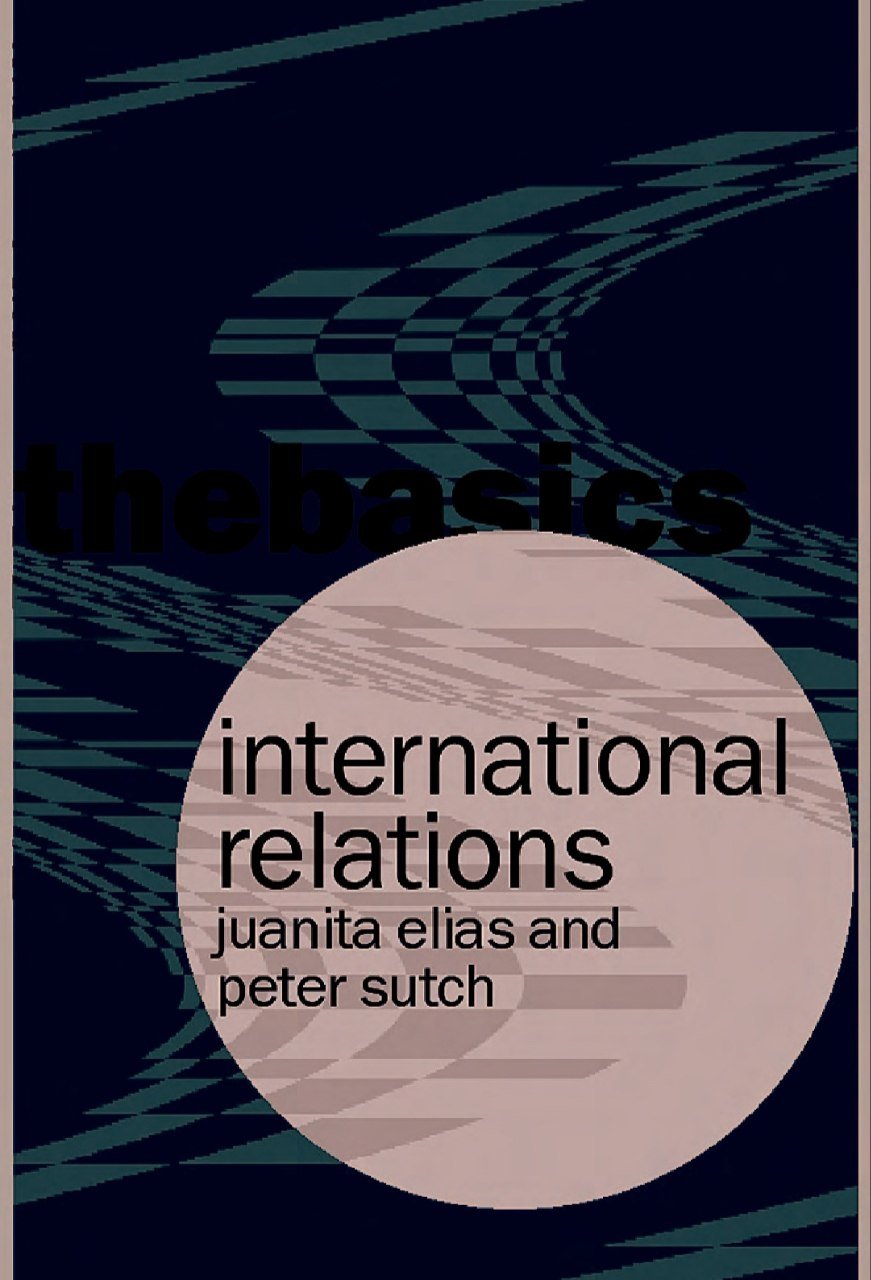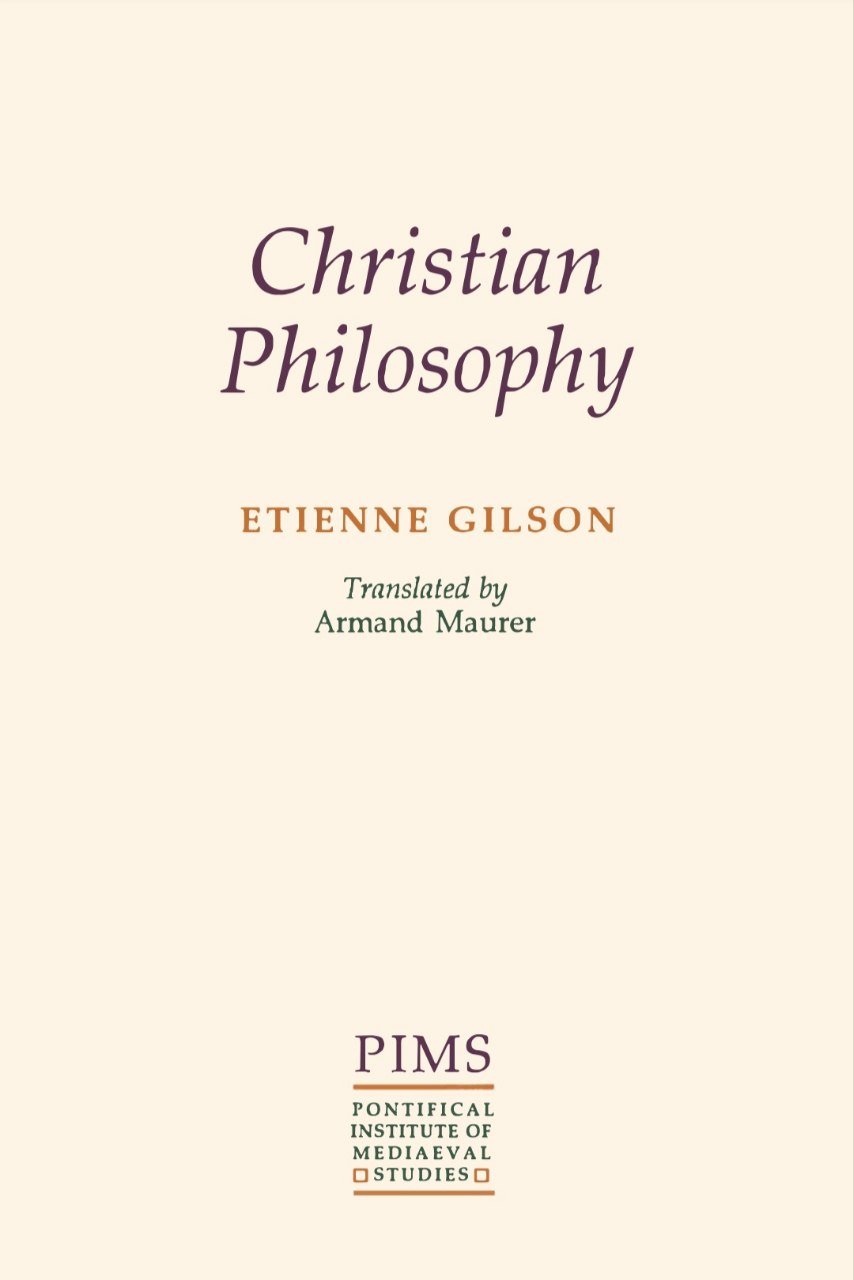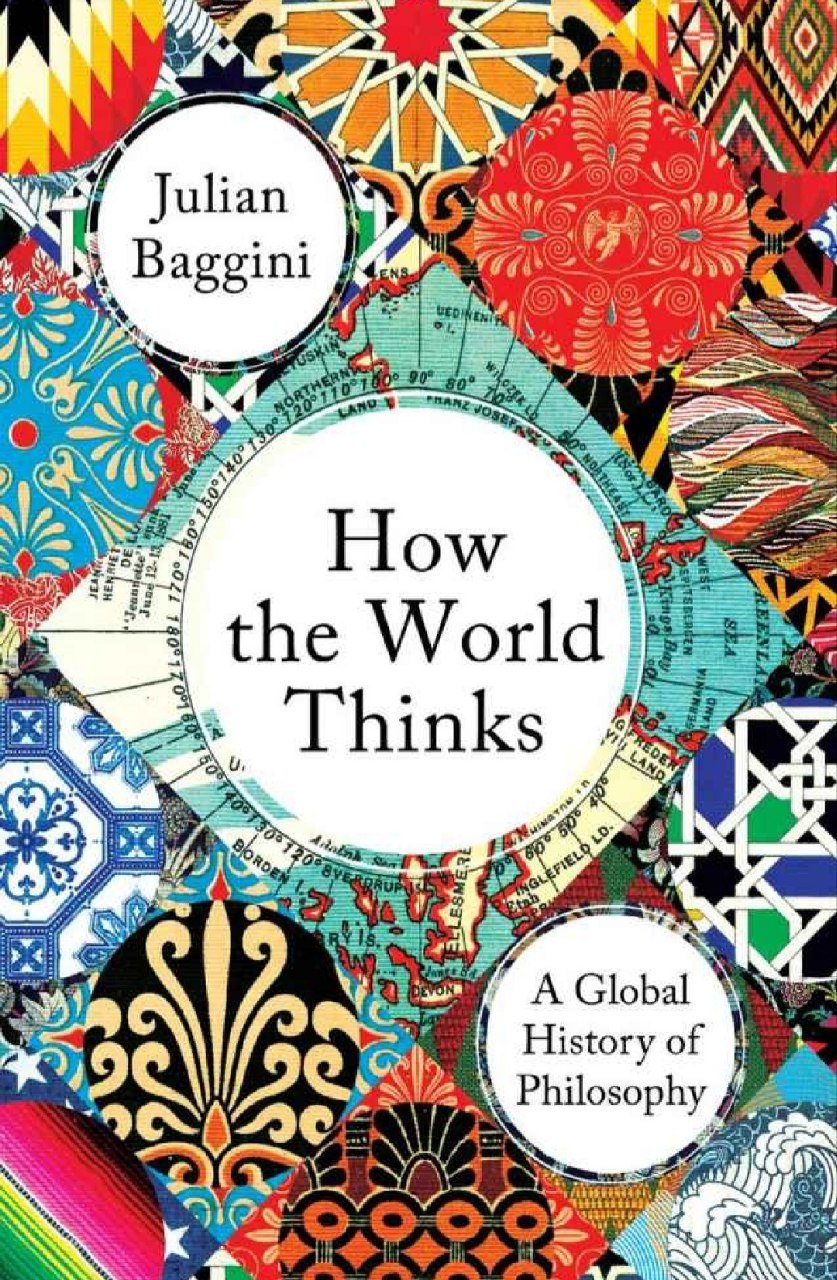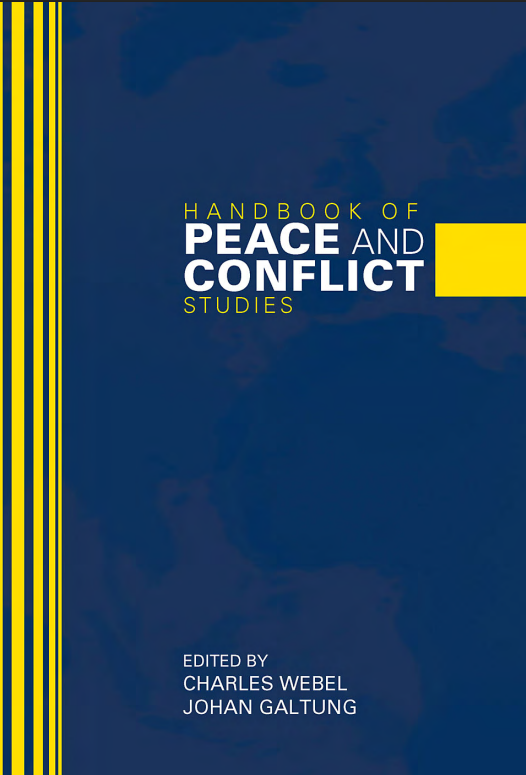

The Political Sociology and Anti-Sociology of the Critical Theory
Reviews
No review yet. Be the first to review this book!
Description
"The Political Sociology and Anti-Sociology of the Critical Theory" by Agnes Horvath explores the intersections of political sociology, critical theory, and anti-sociology, examining how various thinkers have shaped and critiqued our understanding of political and social structures. Horvath engages with the intellectual traditions of critical theorists, particularly the Frankfurt School, and critically analyzes their responses to modernity, capitalism, and the role of sociology in understanding power dynamics. One of the central themes of the book is the way in which political sociology, as a discipline, has evolved over time, especially in relation to the rise of critical theory. Horvath traces the intellectual history of political sociology, focusing on how key figures like Max Weber, Karl Marx, and Theodor Adorno have influenced contemporary debates on politics, power, and society. By linking critical theory with political sociology, Horvath explores how these thinkers critique traditional sociological approaches that often overlook or downplay the complexities of power and oppression in modern societies. Horvath also delves into the concept of "anti-sociology" within the critical tradition, a term used to describe the rejection or subversion of mainstream sociological methods and assumptions. She examines how critical theorists have critiqued the positivist and empirical approaches of traditional sociology, arguing that they fail to account for the subjective and ideological dimensions of social life. Anti-sociology, in this context, refers to a rejection of the notion that sociology can be purely objective or detached from the political and ethical concerns of the society it seeks to study. The book also addresses the role of culture, ideology, and social institutions in shaping political and social realities. Horvath emphasizes how critical theorists have drawn attention to the ways in which culture and ideology function as instruments of social control, influencing people's perceptions of themselves and their place in society. She also looks at how these theorists have critiqued the role of the state, capitalism, and other power structures in perpetuating social inequalities. Horvath’s analysis extends beyond theoretical discussions to include practical implications for understanding contemporary politics and society. She argues that the challenges posed by global capitalism, neoliberalism, and the rise of authoritarianism make the insights of critical theory particularly relevant today. By re-engaging with the works of Adorno, Horkheimer, and other key figures of the Frankfurt School, Horvath illustrates how their critiques of modernity and their alternative visions for society continue to provide valuable tools for understanding political and social issues in the present. "The Political Sociology and Anti-Sociology of the Critical Theory" is a thought-provoking and intellectual exploration of critical theory's contribution to political sociology. It provides a nuanced analysis of how the critical tradition offers a deep critique of both mainstream sociology and the political structures that shape our societies. This book is an essential read for those interested in political sociology, critical theory, and the intellectual history of social thought.





























.jpg)
.jpg)




.jpg)
.jpg)
.jpeg)

.jpeg)







.jpeg)
.jpeg)



.png)






.jpg)
.jpeg)




.jpg)

.jpg)















.jpg)























































